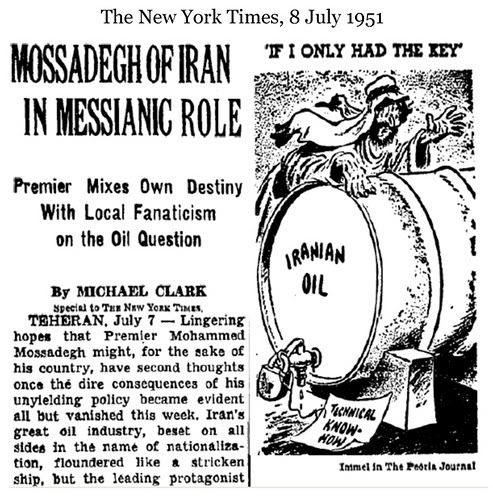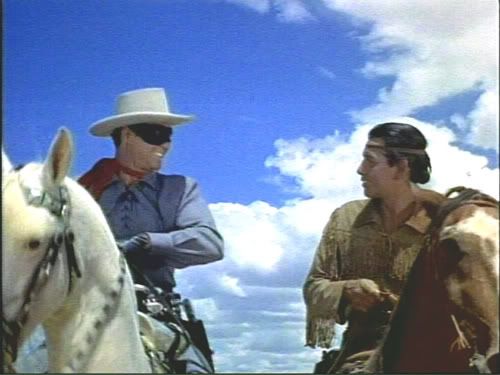The 1953 CIA-sponsored coup that put the Shah back in power in Iran, and the subsequent build-up of SAVAK, the Shah’s brutal internal security force, are certainly black marks in our Cold War history. But it’s not a simple story where we can know that things would have turned out so much better without our meddling. By 1979, Iran had modernized to a remarkable degree, certainly by the standards of the region, and a lot of that was because of American investment. Without submitting to the Hitler-built-good-roads mentality, we can admit that there were many positive consequences for the Iranian people of both the Shah’s reign, and America’s role in sustaining it. One of the tragedies of the Iranian Revolution is that it was taken over by religious fanatics who jettisoned the good along with the bad as far as America’s influence was concerned. On the progressive side, I think there is a constant frustration that the American people are never given the proper context to understand why the Iranian government and (to a degree) the Iranian people are hostile to our country, and especially its foreign policy. The temptation is to overcompensate in the opposite direction, portraying the U.S. as the bad guy and the Iranians as the justifiably aggrieved party.
This impasto of bullshit on blogboard reminds me of David Brooks’ Shit-Brown Period, conceptually AWOL and non-representational, yet physically and graphically present, as if someone had pooped into Duchamp’s signed urinal at the exhibit.
I suppose killing 500,000 Iraqi children with sanctions, or invading Iraq on multiple occasions, are also not “simple stories where we can know that things would have turned out so much better without our meddling,” but I’m guessing that nationalizing some of the world’s largest energy reserves would have turned out rather well indeed for the average Iranian in a world of energy deficits.
ON THE OTHER HAND! Signature drone strikes on wedding parties and children carrying firewood obviously relieved them from the potential suffering of growing old and weary of the world and its people.
How’s that Grand Frog March going, buddy? I’m sure history will say I have misunderestimated you.


